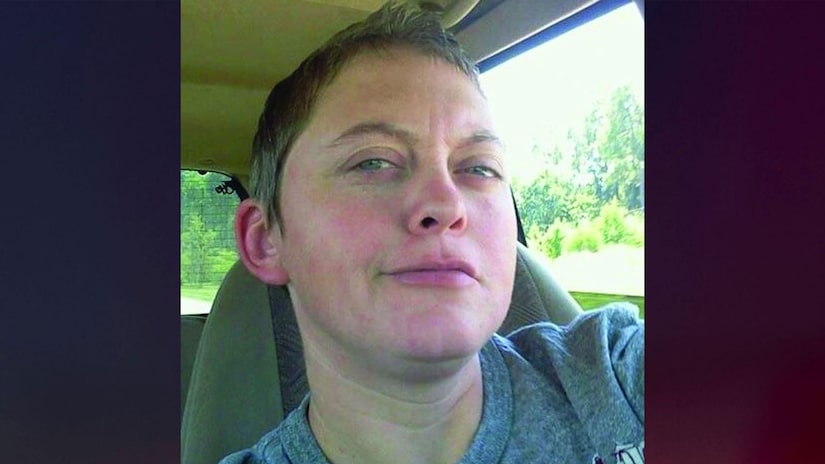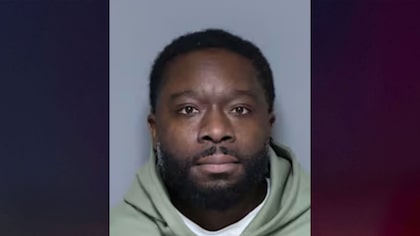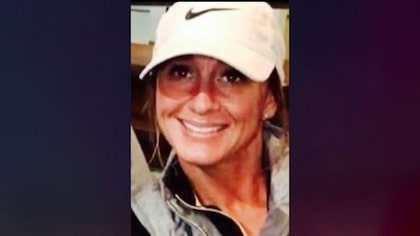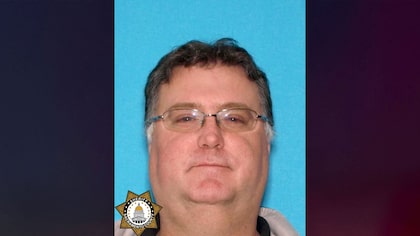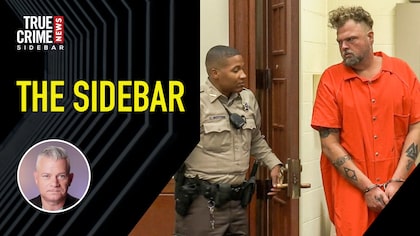Data recorded on voice-activated Amazon Echo sought by prosecutor in Arkansas murder trial
12/28/2016 12:40 pm PST
via KTLA
ARKANSAS -- (KTLA) -- Amazon is pushing back against an Arkansas prosecutor's demand for information from a murder suspect's Echo smart speaker, setting up another legal battle over investigators' quest for technology-based evidence and American privacy rights.
Benton County Prosecuting Attorney Nathan Smith hopes the voice-activated Echo -- which answers users' questions, plays music, reads news and connects to other smart devices -- will provide information on how a man came to be found dead in 31-year-old James Bates' hot tub.
Bates' defense attorney, Kimberly Weber, says there is nothing useful on the device and applauds Amazon for protecting her client's privacy. Bates, who was arrested in February on suspicion of first-degree murder, is presently free on a $350,000 bond. A discovery hearing in his case is scheduled for March.
As technology has become more and more integral to daily life, authorities have increasingly sought evidence from mobile phones, laptops, social media, even the Warcraft video game.
The 2015 mass shooting in San Bernardino pitted Apple, which built the shooters' mobile phone, against the FBI, which wanted the tech giant's help cracking the device's PIN code. The trial of Justin Ross Harris, the Georgia dad convicted of leaving his young son in a hot car to die, regularly delved into texts, Google searches and Reddit posts.
Attempting to mine a smart speaker for information may be a first, though.
According to Amazon, Echo works by constantly listening for the "wake word" -- "Alexa" or "Amazon," by default -- and then records your voice and transfers it to a processor for analysis so that it can fulfill requests or answer questions. The recordings are streamed and stored remotely, and can be reviewed or deleted over time, Amazon says.
The Amazon Echo entered the November 2015 murder case because someone present on the night of Collins' death allegedly recalled hearing music streaming through the device that evening.
Bates had invited two friends -- one of them former Georgia police officer Victor Collins, 47 -- over to his Bentonville home, where they watched college football, drank beer and shot vodka, according to the search warrant affidavit filed in Benton County Circuit Court. The men decided to get into Bates' hot tub and Bates said he went to bed around 1 a.m. When he awoke in the morning, Collins was floating face-down in the hot tub, the affidavit says.
Bates' attorney, Kimberly Weber, says Collins was Bates' friend, and his death was a tragic accident, possibly stemming from his drinking. Collins' blood-alcohol content at the time of death was .32, four times the legal limit to drive in Arkansas, she said.
"It's not a murder at all. It's an accident," she said, adding that she feels calling the case against her client circumstantial would be giving it too much credit.
Investigators contend in the affidavit there were signs of a struggle, including injuries to Collins and Bates, a broken shot glass, dried blood inside the home, and indications the patio and hot tub had been hosed down before police arrived.
Another smart device, Bates' water heater, points to an exorbitant amount of water being used in the early-morning hours, in what investigators believe was an attempt to cover up a crime, the affidavit says.
Weber argues the amount of water was unremarkable and nearly equal to the amount of water used in the home 12 hours earlier, she said.
Smith, the prosecutor, told CNN that the data the Echo captured on the night of Collins' death could provide clues as to what happened.
His office made two attempts to obtain the data from the Echo, but Amazon refused both times. The company declined to comply with a search warrant, he said.
"They'll say it's for privacy reasons, but I don't believe they have a legal leg to stand on," he said. "I don't think they're a bad company or anything, but I don't think they want to release it because they want to sell more of them."
Investigators have routinely obtained warrants for suspects' phones, computers, even their blood, he said, so "there's not a rational or legal reason that we shouldn't be able to search that device."
Amazon disagrees.
"Amazon will not release customer information without a valid and binding legal demand properly served on us," it said in a statement. "Amazon objects to overbroad or otherwise inappropriate demands as a matter of course."
The company's representatives did not respond to a follow-up email asking why Amazon did not feel the search warrant constituted a valid legal demand.
Weber said Amazon did provide prosecutors with Bates' subscriber information.
The attorney also noted that the documentation that comes with the Echo states that Amazon cannot guarantee that "its functionality or content ... is accurate, reliable, or complete." To try to enter an Echo's recordings as evidence is "crazy," given the disclaimer, she said. Not that she's terribly worried.
FULL STORY: Data recorded on voice-activated Amazon Echo sought by prosecutor in Arkansas murder trial - KTLA

